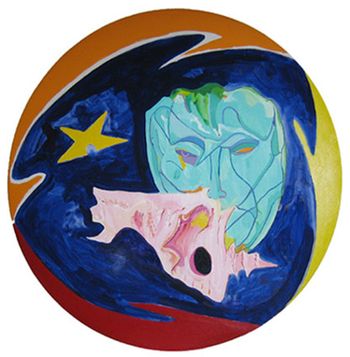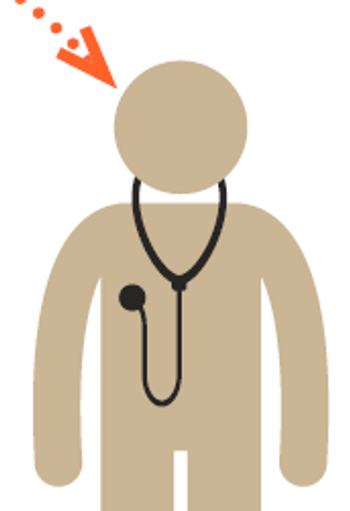
Who hasn’t been at a public gathering and, after identifying yourself as a psychiatrist, heard someone respond nervously, “Can you read my mind?” Just as Thanksgiving can be compromised by family conflict, being a psychiatrist can at times feel like a curse in our public lives.











